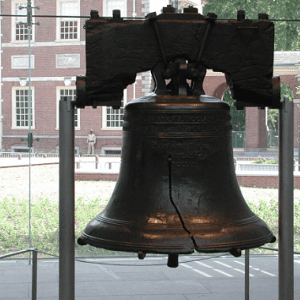Philadelphia has seen a significant improvement in overall health and mortality rates since the pandemic, according to recent statistics released by the city’s Department of Public Health. Life expectancy for Philadelphians has rebounded to 76 years, returning to pre-pandemic levels after dropping to 73 years during the height of the COVID-19 crisis.
Dr. Megan Todd, the Health Department’s chief epidemiologist, noted that COVID-19, which was the third-leading cause of death in 2020 and 2021, has now fallen out of the top 10 causes of death in the city. This shift indicates a positive trend in the city’s public health landscape.
However, despite these improvements, stark disparities in health outcomes persist along racial lines. Life expectancy for Black men in Philadelphia remains alarmingly low at 67 years, nearly a decade below the city average. Additionally, infant mortality rates for children born to Black mothers are twice as high as those for other groups.
Todd attributes these disparities to historical practices such as redlining and other forms of systemic racism. She emphasizes that factors like residential location, employment, local poverty rates, and school quality significantly impact health outcomes.
While the city has made strides in reducing overdose deaths through public health policies like over-the-counter Narcan availability and increased access to substance use treatment, challenges remain. Todd stresses the need for continued focus on reducing early deaths, with unintentional drug overdose still the leading cause of premature mortality in Philadelphia.
See “Philadelphians’ health improved in 2023, but large ethnic and racial disparities remain” (October 2, 2024)



